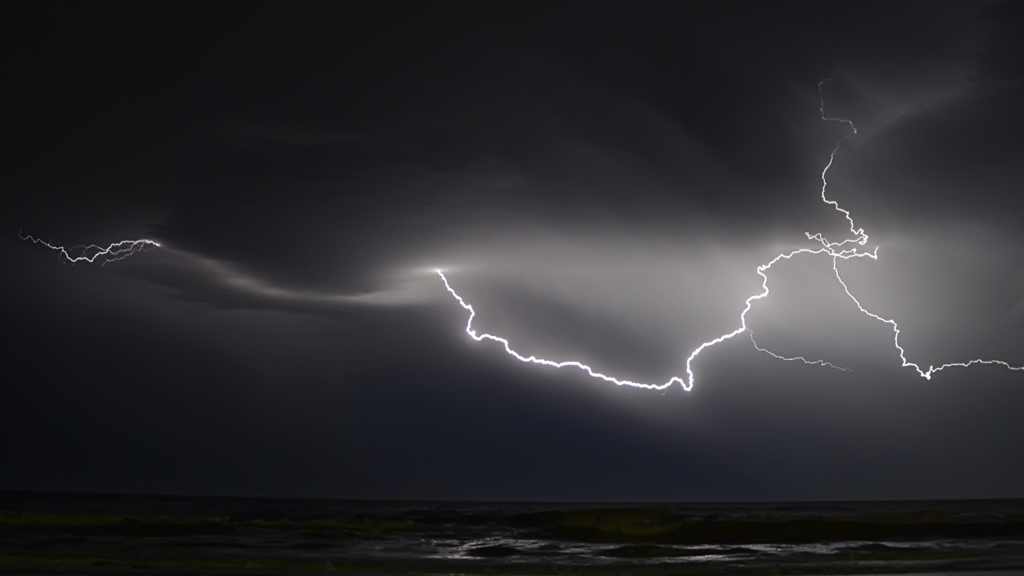
For individuals who experience chronic pain, weather can be a significant factor in their day-to-day plans. In a recent study from the University of Georgia, about 70% of respondents said they would alter their behavior based on weather-based pain forecasts.
“We’re finding more consistent relationships between weather patterns and pain, so it seems more possible to make weather-based pain forecasts,” said lead author and geography/atmospheric sciences lecturer Christopher Elcik. “This study was to survey and see what the audience was for this type of forecast.”
The study surveyed more than 4,600 individuals, and among migraine sufferers, 89% identified weather as something that impacts their pain level, and 79% saw weather as a trigger for pain. Among individuals with other conditions, 64% said weather patterns could trigger pain and 94% identified weather as a factor that impacts pain.
Elcik built on previous research regarding specific weather patterns and pain-related conditions to gauge public interest in a weather-based pain forecast, which could indicate high or moderate risk for migraines or chronic pain.
“I see how much people can be affected by these types of pain, so if I can provide someone with insight into the level of risk for a day, maybe people can take steps to prevent the pain from happening,” Elcik said. “There are preventative measures people can take if risks are higher.”
If the hypothetical risk was high, more than half of respondents said they were likely to take preventive measures, such as medication, resting or avoiding compounding triggers, and about 47% of respondents with migraines and 46% with pain-related conditions were “extremely likely” to take such measures.
Desire for a forecasting tool was quite high, Elcik said, with 72% of those living with migraine and 66% with pain-related conditions saying they would alter their behavior by canceling plans or taking preventive measures in response to a weather-based pain forecast. Some respondents reported already using web-based tools, such as AccuWeather’s arthritis or migraine forecast, which predicts low-to-high risk according to atmospheric conditions. With existing tools, however, there is little available information about the variables considered or how the predictions are made.
Likelihood to continue with plans also depended on the length of the activity. If plans were about 30 minutes long, 57% of respondents with migraines and 52% with pain-related conditions said they were “extremely likely” to continue plans despite a moderate risk of pain, and about 43% from each group would continue with a highest risk forecast.
With an activity lasting more than three hours, however, that number dropped to around 23% for moderate risk and 18% for high risk with migraines and 21% or 23%, respectively, for other pain-related conditions. As level for risk increased, so did the likelihood to alter plans.
“This was across the board,” Elcik said. “Everyone was more likely to cancel plans if the forecast risk was higher.”
While additional research and studies are needed to create a reliable pain-based weather forecast, Elcik said this study highlights the importance of developing such a resource.
“This publication shows there’s an audience that’s willing and eager to try something new, and there are probably many more people who would benefit—more than we even thought,” he said. “I think these results can push other researchers to also look at similar, larger-scale weather phenomena and help the community better understand how the atmosphere does impact pain.”



